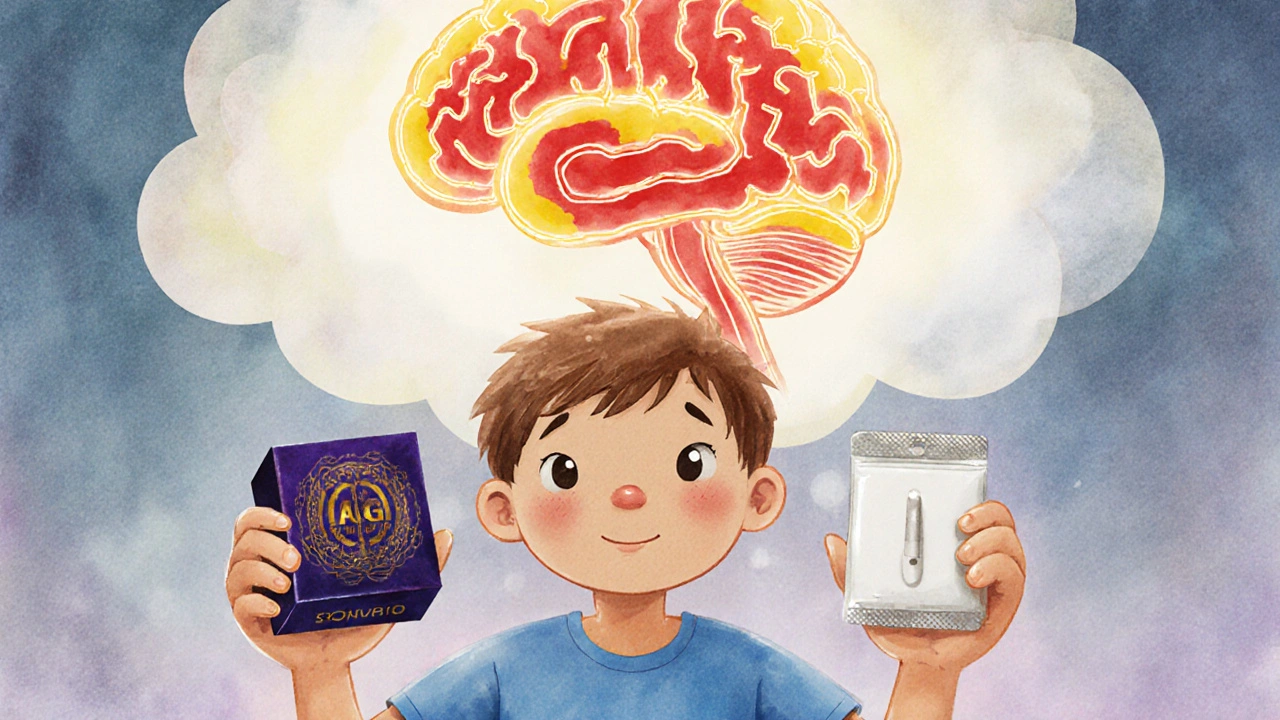Placebo Effect: How Belief Changes Your Body and Why It Matters in Medicine
When you take a sugar pill and feel better, it’s not magic—it’s the placebo effect, a measurable change in symptoms caused by belief rather than active medication. Also known as the placebo response, it’s one of the most powerful and misunderstood forces in health care. Your brain doesn’t care if the pill has chemicals—it cares if you think it will work. And when you believe it will help, your body responds with real changes: pain drops, inflammation eases, even dopamine levels rise. This isn’t "just in your head"—it’s your head changing your body.
The placebo effect, a measurable change in symptoms caused by belief rather than active medication. Also known as the placebo response, it’s one of the most powerful and misunderstood forces in health care. isn’t just about pills. It shows up in physical therapy, acupuncture, even surgery. Studies show patients who believe they’re getting a real treatment often improve just as much as those who get the actual drug—sometimes more. That’s why clinical trials must use placebo groups: to separate real drug effects from the power of expectation. If a new painkiller only works better than a sugar pill by 10%, it’s not a breakthrough—it’s barely better than belief alone.
The mind-body connection, the biological link between thoughts, emotions, and physical health is the engine behind this. Stress, fear, hope—all these emotions trigger real hormones, nerves, and immune signals. That’s why a patient who trusts their doctor and believes their treatment will work often recovers faster, even if the treatment itself is weak. This isn’t wishful thinking—it’s neuroscience. Brain scans show the same areas light up when someone expects pain relief from a placebo as when they get real morphine.
And it’s not just for pain. The fake treatment, an inert substance or procedure used to test the effect of belief in medical research has been shown to improve symptoms in Parkinson’s, depression, irritable bowel syndrome, and even asthma. In one study, patients given a fake asthma inhaler showed improved lung function—because they believed it would work. Their airways actually relaxed. No drugs needed.
But here’s the catch: the placebo effect doesn’t cure cancer. It doesn’t shrink tumors or kill viruses. It works best on symptoms your brain controls—pain, fatigue, nausea, anxiety. That’s why it’s so important in medicine: it reminds us that healing isn’t just about chemicals. It’s about trust, context, and how you’re treated. A kind doctor, a clear explanation, a clean clinic—they all boost the placebo effect. And that’s not a weakness of medicine. It’s a tool.
What you’ll find in the posts below aren’t stories about magic pills. They’re real, practical guides on how medications work, how side effects show up, and how your body reacts to treatment—even when nothing active is in the bottle. From how acarbose causes gas to why amantadine still helps Parkinson’s despite being obsolete for flu, every post shows how biology, belief, and science collide. You’ll see how people manage side effects, compare drugs, and make sense of treatments that don’t always make sense on the surface. This isn’t about tricking your body. It’s about understanding how it really works—flaws, beliefs, and all.
Why do some people feel generics don’t work as well as brand-name drugs? The answer isn’t chemistry-it’s perception. Learn how beliefs, branding, and price shape real health outcomes-even when the pill is identical.

